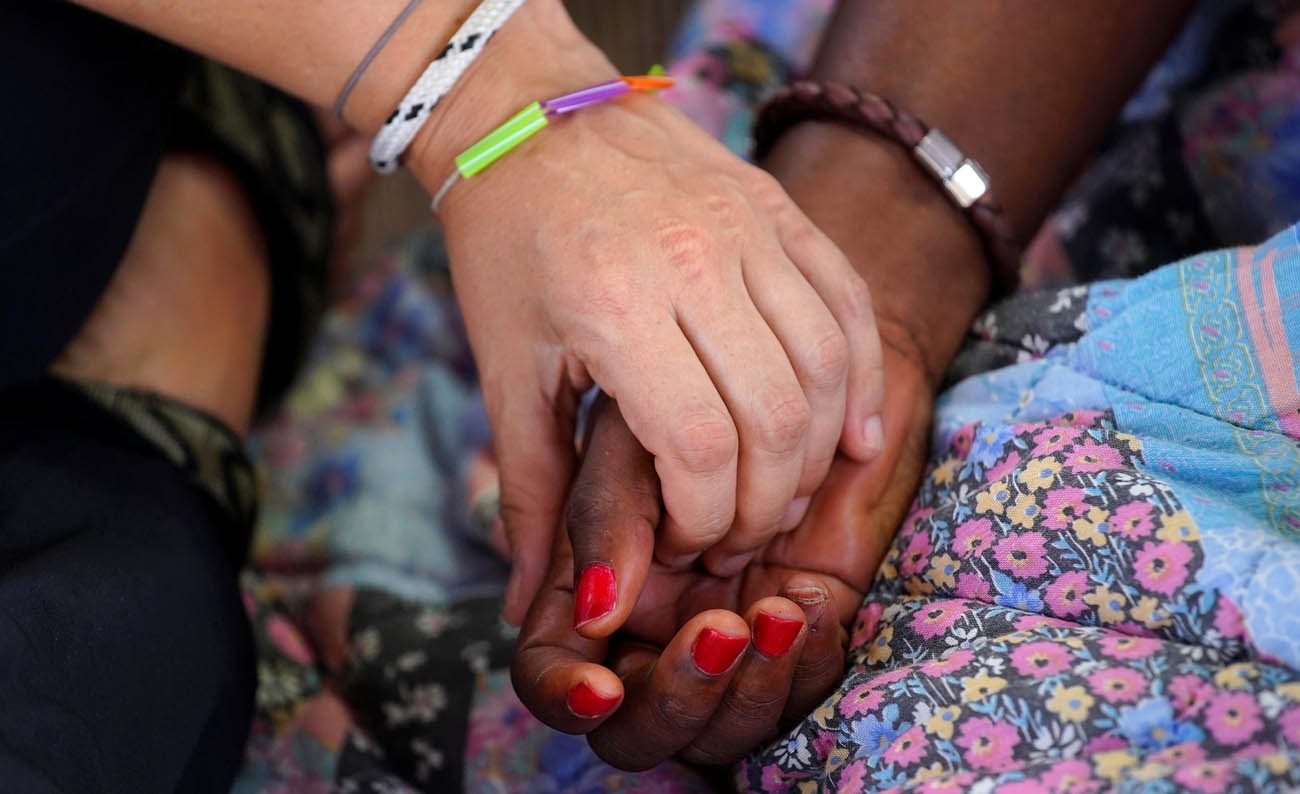VATICAN CITY (CNS) — Helping young migrants hold fast to their cultural and religious identity, especially in situations where they are a minority, was a recurring topic at the Synod of Bishops.
Blessed Sacrament Father Robert Stark, director of the Office for Social Ministry for the Diocese of Honolulu and regional coordinator for the Vatican’s Migrant and Refugees Section, offered synod members very practical advice for assisting young people on the move.
First, he said Oct. 16, church workers must listen to young people thinking about leaving their homelands and inform them of the dangers. Second, the church should offer food, shelter and safety to young people in transit. And, when they arrive at their destination, the young should be helped with legal assistance and language classes.
[hotblock]
“At each phase of their journey, young migrants pass through different dioceses but — from beginning to end — they can be in the same loving, caring church,” Father Stark told the synod.
Archbishop Ilario Antoniazzi of Tunis, representing the North African bishops’ conference, told the synod that many of the dioceses of Libya, Tunisia, Algeria and Morocco are thriving today because of the young African Catholics who come to their countries for university studies or while awaiting an opportunity to migrate to Europe.
“These young people have given vitality and joy to our churches and have helped them maturity spiritually, becoming ‘the church of encounter,’ ‘the church of welcome’ and of listening,” he said.
Christians are a miniscule minority in North Africa and must live their faith with “great discretion” among a Muslim majority that often considers them “infidels, unbelievers or worse.”
But by allowing themselves “to be evangelized by their Muslim brothers, that is, to learn their culture and religion,” he said, they learn the tolerance, friendship and cooperation that are essential to building a peaceful society.
“Our young people discover in this way that different religions are no longer an insurmountable obstacle but become a different path to the one God we all adore,” Archbishop Antoniazzi said.
Lebanese Cardinal Bechara Rai, patriarch of the Maronite Catholic Church, pleaded with his Latin-rite brothers to help migrants from the Eastern Catholic churches maintain their ties to their cultures and to preserve “their liturgical, spiritual and disciplinary patrimony.”
For Lebanese Christians, he said, part of that culture has been and must continue to be “promoting interreligious dialogue, which is a dialogue of life, culture and destiny with the Muslims.”
PREVIOUS: Indifference, hatred is the first step to murder, pope says
NEXT: Bishops call for better religious education, preparation for mission



Share this story